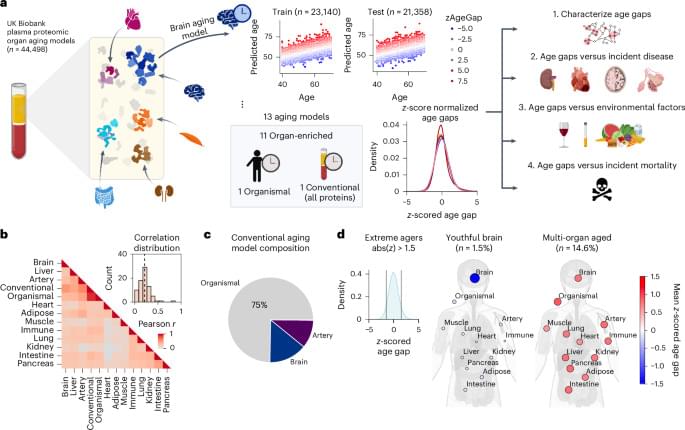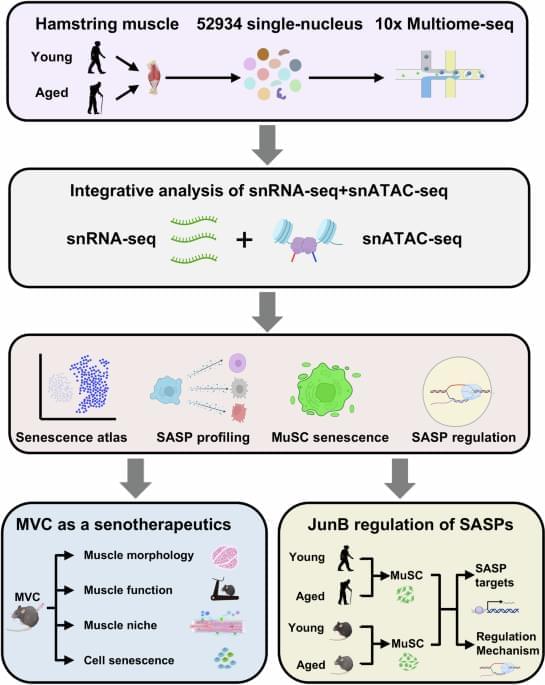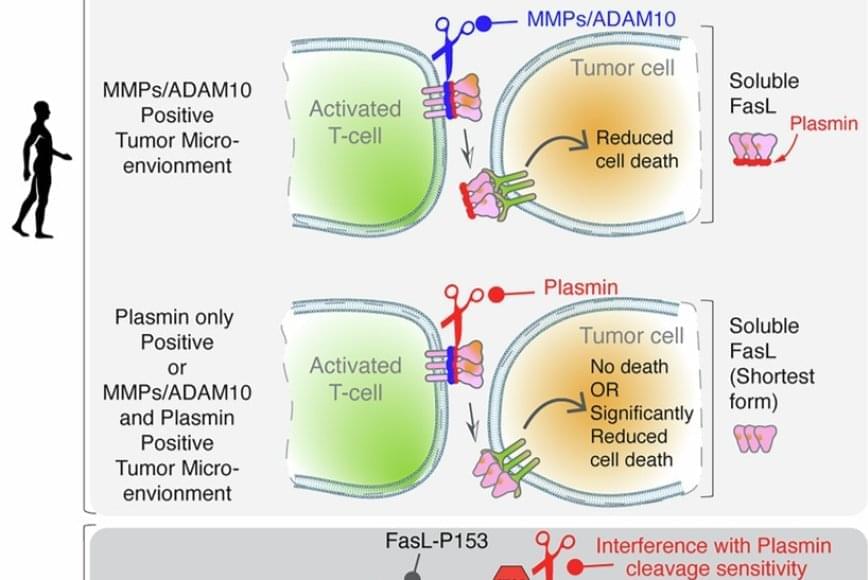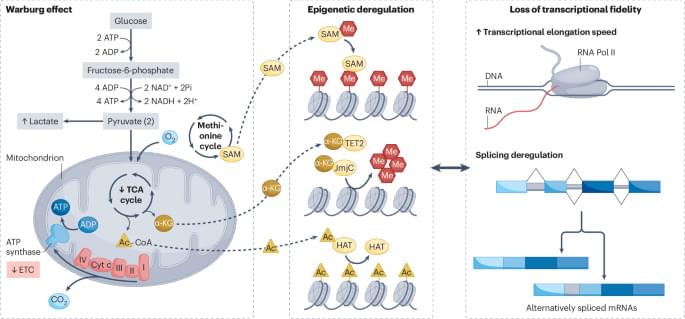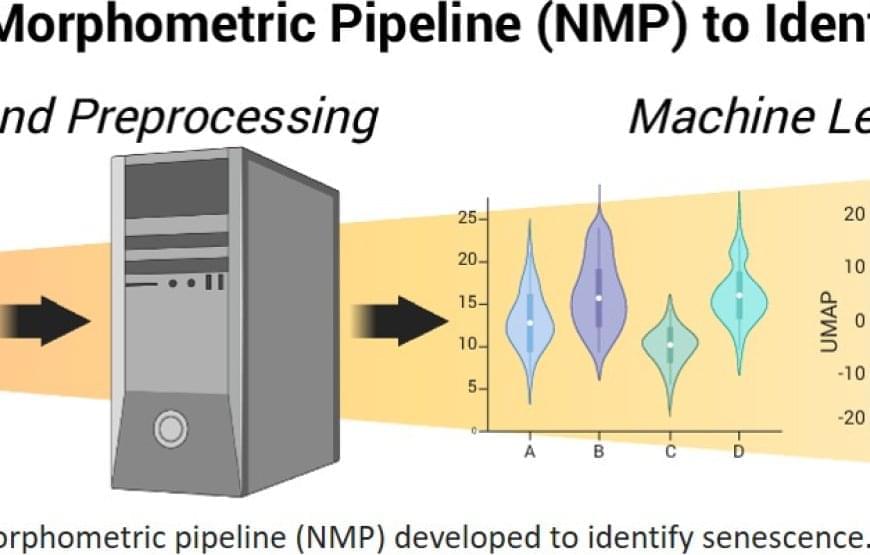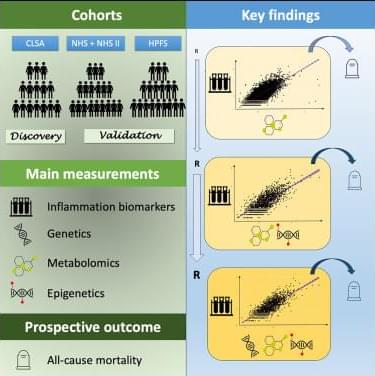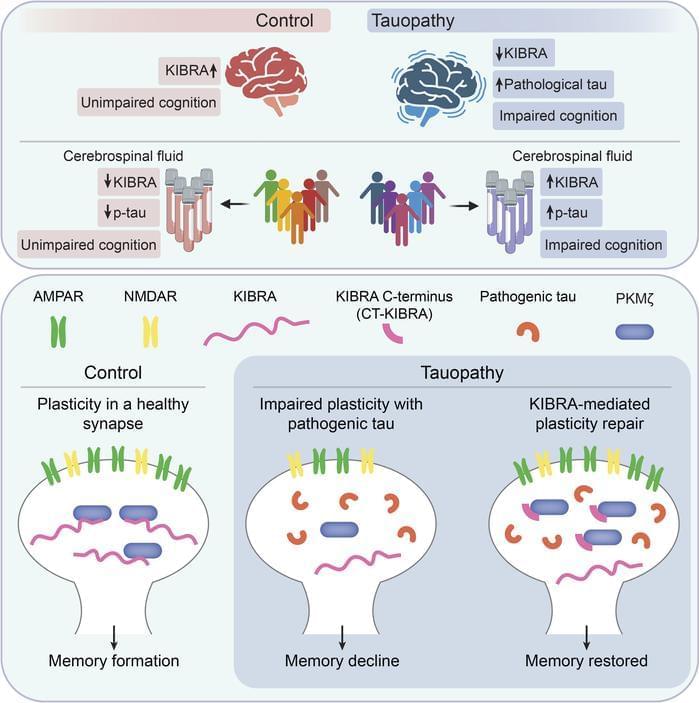Massimo Pigliucci, Roman Yampolskiy, Anders Sandberg, and Nadine Dijkstra discuss the latest developments in neuroscience and computer programming.
Can we upload our minds to computers?
With a free trial, you can watch the full debate NOW at https://iai.tv/video/consciousness-in-the-clouds?utm_source=…escription.
The idea of uploading our minds to the digital cloud has not only been taken seriously by Silicon Valley, but turned into a detailed business plan. Elon Musk claims digitising consciousness will revolutionise humanity, and the industry is estimated to be worth $50 billion by 2030. But it’s unknown whether, in principle, we can replicate minds with computer code, or whether we should seek to do so. Critics argue we have no idea how a machine could create consciousness, and neuroscientists have yet to provide an explanation for how the brain does so. A survey of specialists by Nature found the majority thought it unlikely AI would achieve consciousness anytime soon.
Should we see talk of uploading our minds to the cloud as implausible tech marketing nonsense? Should we conclude that if thought and consciousness are unobservable, it will not be possible to replicate the mind with silicon chips? Or is digital immortality such a profound and important sea change in our lives and potential that we should pursue it at all costs?
#consciousness #ai #artificialintelligence #elonmusk #neuralink #neuroscience.
